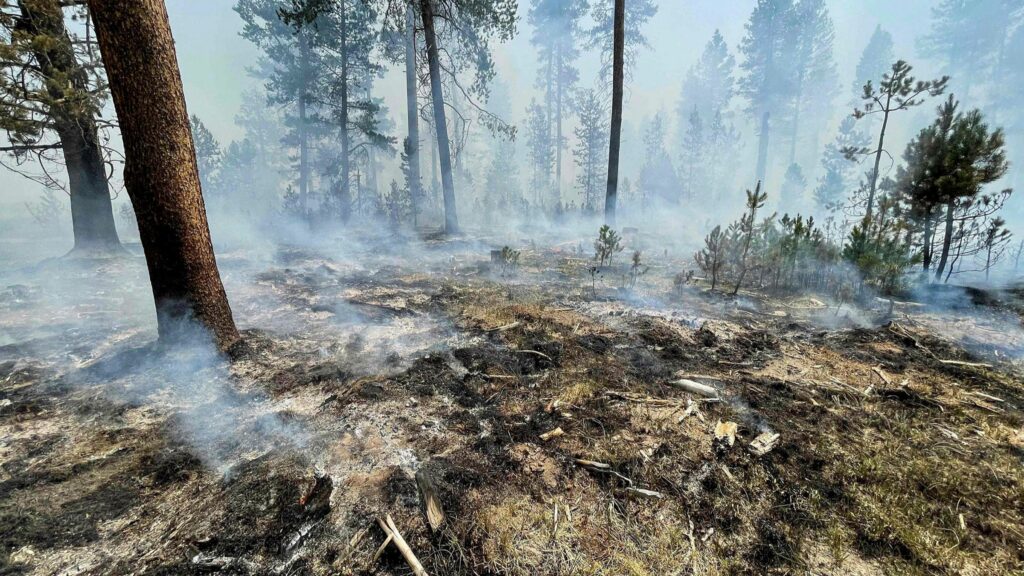One curious feature of climate alarmism, we have noted with a mix of detached interest and personal engagement, is that it tends to correlate with deep faith in computer modeling of COVID and a scorched-earth approach to anyone who asks questions as a moronic scientifically illiterate “denier”. Thus we are not even slightly surprised to read in the Globe & Mail that the “humanitarian representative to Canada for Doctors Without Borders/Médecins Sans Frontières” and its “humanitarian affairs adviser on climate, environment and health” just warned that monkeypox is coming for us and it’s because of climate change. Or that “the only way forward is to put lives over profit.”
Sorry, plot spoiler. It was the last line of their piece. And to keep giving stuff away, they say they don’t know why monkeypox is spreading but they do: “while we can’t offer clear answers to the many questions surrounding this current outbreak, this much is clear to us: The risk of new viruses causing infectious disease outbreaks is high, while patterns of existing infectious diseases are changing – and we’re woefully underprepared. In particular, global and local changes to the Earth’s climate and environment are driving new opportunities for virus sharing between animal species.”
If you’re thinking cynically that they’re about to cite that study saying “that in the next 50 years, there will be at least 15,000 cross-species transmission events of at least one novel virus as a result of changing climates” you are of course right. And our criticisms of that paper for piling a modeling Ossa upon an assumption Pelion still stand.
As do our doubts about the rigour of the attribution when the MSF duo say “Already, our teams have seen climate-driven changes in disease patterns of vector-borne diseases such as malaria”, not to mention “and in other climate-sensitive places where we work we worry that we’ll see increasing numbers of patients with mosquito-borne diseases such as malaria and dengue, as warmer temperatures and changing seasonal rains create breeding grounds for mosquitoes.” Since when is what people worry about taken as evidence of what’s happening? If we worry that our hair may fall out nobody’s going to offer us a treatment unless and until it does, right? But why strain at a gnat?
The authors summon Dr. Karl Marx to the bedside, complaining that:
“Diseases such as monkeypox, Ebola virus, Marburg virus and Lassa fever, which have been identified as having pandemic potential, have for years posed a public-health threat to millions of people, mostly living in low-income countries, but almost all innovation for vaccines and treatments for these diseases comes only when rich countries perceive a threat, and pharmaceutical companies see a profitable market.”
And since only capitalist firms responding to incentives seem to be any good at treating problems, it’s very clear that we must make sure no such thing happens again. “Existing market-based approaches to develop such potentially valuable public-health tools are clearly not working” so we’ll go with, oh, say, the Soviet approach. After all, having abolished the profit motive along with a few million people who seemed susceptible to it, their entire contribution to pharmacology consisted of figuring out what sort of overdose of anti-psychotics like haloperidol or reserpine would effectively chemically lobotomize dissidents.
Still, if at first you don’t succeed, right?



The left seriously draped in green after the fall of the Berlin Wall. It's been very successful for them.